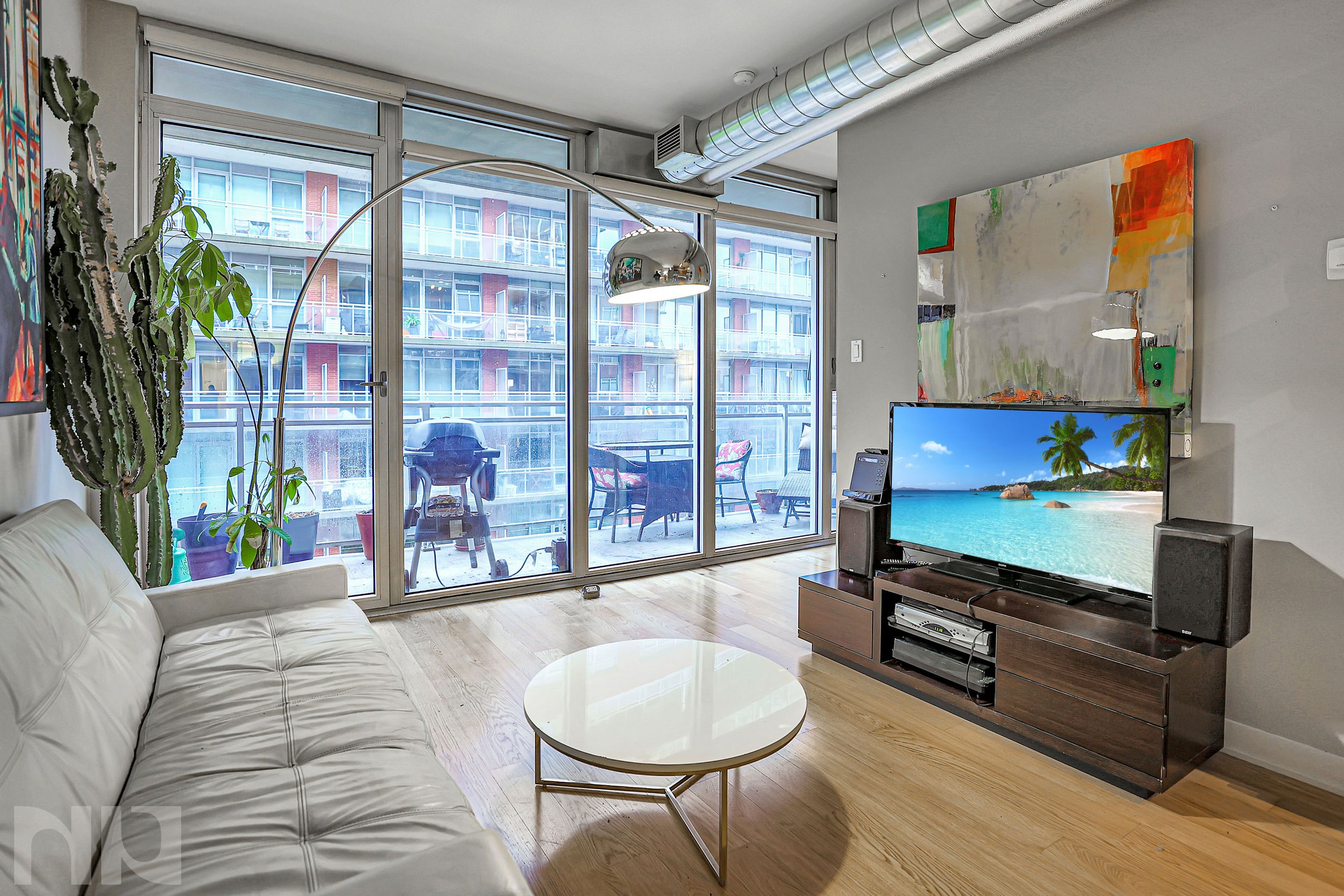Understanding Closing Costs: A Guide for Homebuyers in Ottawa
Buying a house is an exciting milestone, but it's important to be prepared for the financial responsibilities that come with it. In addition to the down payment and mortgage, homebuyers in Ottawa need to budget for closing costs. These expenses can add up, so understanding what they entail and how to estimate them is crucial for a smooth and successful home purchase. Let's explore the typical closing costs associated with buying a house in Ottawa and how you can estimate them.
What Are Closing Costs?
Closing costs are the fees and expenses that buyers incur during the final stages of the home purchase process, usually paid on the closing day when the property officially changes hands. While closing costs can vary depending on factors such as the purchase price and location, they typically include several common expenses:
Land Transfer Tax: In Ontario, including Ottawa, buyers are required to pay a land transfer tax based on the purchase price of the property. The amount varies depending on the price and whether you're a first-time homebuyer, but it's an essential consideration in your closing costs estimation.
Legal Fees and Disbursements: Hiring a real estate lawyer or notary to handle the legal aspects of the transaction is essential. Legal fees cover services such as title searches, document preparation, and registration of the property transfer. Disbursements are additional costs incurred by the lawyer, such as title insurance, courier fees, and government search fees.
Home Inspection Fees: While not mandatory, a home inspection is highly recommended to uncover any potential issues with the property. The cost of a home inspection varies depending on the size and complexity of the house but budgeting for this expense is prudent for peace of mind.
Appraisal Fees: If your lender requires a home appraisal to assess the property's value, you'll need to cover the appraisal fees. The cost typically ranges from a few hundred to a few thousand dollars, depending on the property's value and location.
Title Insurance: Title insurance protects buyers against issues with the property's title, such as ownership disputes or outstanding liens. While not mandatory, most lenders require title insurance as a condition of the mortgage. The cost is a one-time premium based on the property's purchase price.
Home Insurance: Securing home insurance is essential to protect your investment and satisfy your lender's requirements. The cost of home insurance varies depending on factors such as the property's location, size, and value.
Adjustments: Adjustments cover expenses prepaid by the seller, such as property taxes, utilities, and condo fees. These adjustments ensure that both the buyer and seller contribute their fair share of these expenses based on the closing date.
How to Estimate Closing Costs
Estimating your closing costs can help you budget effectively and avoid any last-minute financial surprises. While the exact amount will vary depending on your specific circumstances, you can use the following steps to estimate your closing costs:
Research Land Transfer Tax Rates: Ontario's land transfer tax rates are based on a sliding scale, so determine the applicable rate based on the purchase price of the property. First-time homebuyers may be eligible for a rebate, so be sure to factor that into your calculation.
Get Quotes from Legal Professionals: Reach out to real estate lawyers or notaries in Ottawa to get quotes for their services, including legal fees and disbursements. Compare quotes to find a provider that offers the services you need at a reasonable cost.
Request Estimates for Home Inspection and Appraisal: If you plan to have a home inspection or appraisal, request estimates from reputable providers in Ottawa. While these expenses are optional, they provide valuable insights into the property's condition and value.
Obtain Title Insurance Quotes: Contact insurance providers to obtain quotes for title insurance coverage based on the property's purchase price. Compare premiums and coverage options to find the best fit for your needs.
Factor in Home Insurance Costs: Research home insurance providers and obtain quotes for coverage on the property you're purchasing. Consider factors such as coverage limits, deductibles, and any additional endorsements you may need.
Consult with Your Realtor and Lender: Your real estate agent and mortgage lender can provide valuable guidance and information about closing costs specific to your situation. They can help you understand any additional expenses and ensure you're prepared for a smooth closing process.
By understanding the closing costs associated with buying a house in Ottawa and estimating them accurately, you can budget effectively and avoid any financial surprises on closing day. Be sure to plan ahead, do your research, and consult with professionals to ensure a successful home purchase experience. Happy house hunting!































